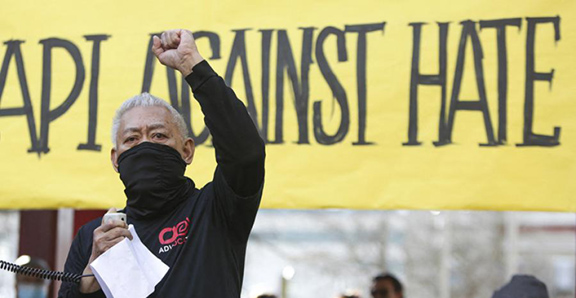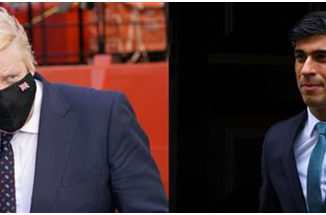
WASHINGTON (TIP): There are at least 160 Asian-American and Pacific Islanders in 33 state legislatures nationwide, according to the Asian Pacific American Institute for Congressional Studies. A whopping 51 of those sit in Hawaii’s legislature. And, out of the 535 members of Congress, just 17 are of Asian or Pacific Islander descent, according to the Congressional Research Service. There are also three nonvoting delegates who are Asian American and Pacific Islanders. President Joe Biden and his aides have been repeatedly pressed to include Asian-Americans in his Cabinet. On Tuesday, two Democratic senators, Mazie Hirono of Hawaii and Tammy Duckworth of Illinois, threatened to oppose any upcoming nominees who don’t enhance the administration’s diversity. “I’ve been talking to them for months and they’re still not aggressive,” Duckworth said. “I’ll be a no on everyone until they figure this out.” Later, the two senators set aside their blockade after talks with the administration. White House press secretary Jen Psaki announced late Tuesday the addition of a senior-level Asian American Pacific Islander liaison “who will ensure the community’s voice is further represented.”
Biden did pick Katherine Tai, who is Taiwanese American, as his top trade envoy. She was confirmed last week, becoming the only Asian American to hold a Cabinet-level post in the new administration. Vivek Murthy, the son of Indian parents, Biden’s nominee for surgeon general, a sub-Cabinet position, was confirmed Tuesday.
Many Asian Americans say feelings of being marginalized politically will take years to fully overcome. Last week, an emotional congressional hearing cast a national spotlight on combating racism among the community — but major legislation addressing it isn’t likely forthcoming.
“I think symbolism and representation matters, but only up to a point,” said Aarti Kohli, executive director of Asian Americans Advancing Justice. “What’s more important is actually doing the work.” There are signs of change.
Kamala Harris, whose mother was born in India, is the first Black woman and person of South Asian descent to become vice president. More than 300 Asian American and Pacific Islanders ran for office up and down the ballot in 2020, according to the Asian Pacific American Institute for Congressional Studies.
More appear to be preparing campaigns for the future. Madalene Xuan-Trang Mielke, the group’s president and CEO, said her organization recently held a training for people interested in joining municipal and state legislative races and had about 30 attendees. She also encourages members of the community to join local boards and commissions. “We are subject matter experts in a wide array of industries, and we should have that be a reflection of our democracy by having people like us and others be a part of any sort of public policy conversation,” Mielke said.
Asian-Americans are eyeing other major offices across the country.
In New York City, former Democratic presidential candidate Andrew Yang is gaining attention — and campaign cash — in a bid for mayor. And in California, home to the nation’s largest Asian American community, elected officials are urging Democratic Gov. Gavin Newsom to appoint an attorney general of Asian descent as a successor to Xavier Becerra, who was picked as Biden’s health and human services secretary.
Still, Stop AAPI Hate, an activist group that formed as shutdowns related to the pandemic were taking hold across the US, had received nearly 4,000 self-reported incidents of bias or discrimination from all 50 states as of last month. And nearly 3 in 10 Asian Americans said they’d been subjected to racial slurs or jokes since the coronavirus outbreak began, according to Pew Research Center data released last summer.





Be the first to comment